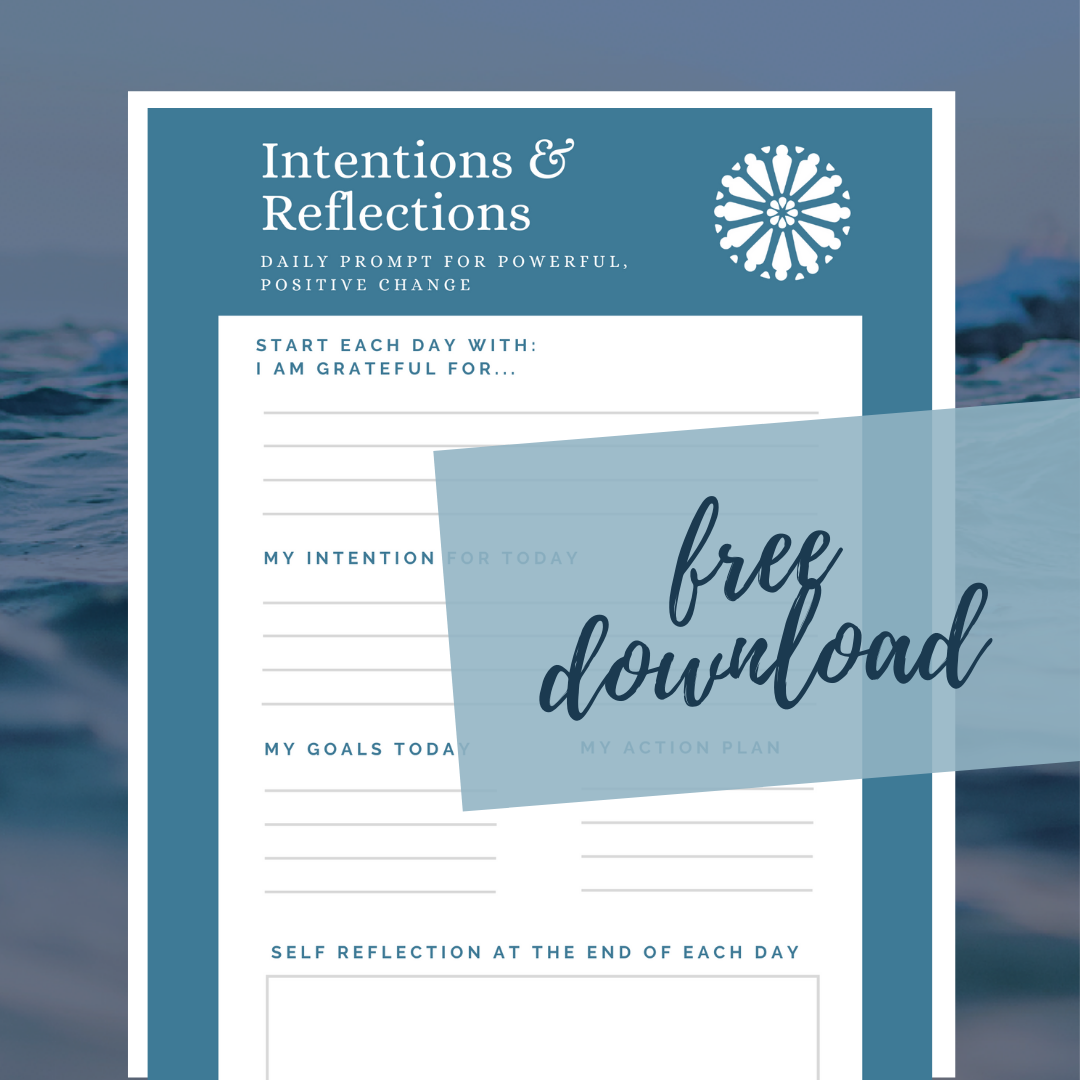How to Set Healthy Boundaries

Question: How do you set healthy boundaries in a relationship? This could be with a partner, children or colleagues. It was a common question asked by clients last week. Being together in the same space more than usual is wearing thin on many. Often, my question back is what’s your understanding of a boundary?
This and many other relational topics will be discussed in my upcoming FREE Webinar on May 15th. Here’s the link for the webinar.
Setting clear personal boundaries is the key to ensuring relationships are mutually respectful, supportive and caring. Boundaries are a measure of self-esteem. They set the limits for acceptable behavior from those around you.
You see, most people don’t think about or even know what a boundary is until one’s been crossed. How do YOU know? It is something you see, feel, hear? Become aware of how you experience “boundary-crossing.”
Moreover, how do we set them? First of all, let’s understand them. Boundaries are like property lines. They’re not impenetrable walls…more like a fence around the property. Fences, unlike walls, can be passed through via gates. And you’re the gate keeper.
Most boundaries are subjective and personal to you; knowing what’s your responsibility and what you need to take ownership over- and what’s not yours. Knowing when & how to say yes, no or not now.
A few types of Boundaries:
Emotional: boundaries around inappropriate topics, emotional dumping & dismissing emotions. “This isn’t a topic I’m willing to discuss.”
Physical: proximity, touch, PDA, unwanted comments regarding appearance or sexuality. “I don’t find your comment funny or appropriate.”
Mental: freedom to have your own thoughts, beliefs, values and opinions. “I respect that you disagree with my opinion, but don’t force your own.”
Time/Energy: boundaries around time, lateness, when to contact, favors & free labor. “If you’re going to be late, please text me to let me know.”
Material: boundaries around possessions, when they can be used and how they’re treated. “My car cannot be used on weekends.”
As you learn to keep/extend your boundaries, do your best to adapt your behavior so you are not stepping over other people’s. Be mindful, pay attention and be awareness as you practice taking a stand for yourself and cultivating your inner authority.
To Powerful, Positive Change…Cheers!
Adela

“Adela helped me during my darkest hours, when I felt hopeless and alone. Her compassion and support helped me find strengths within myself I didn’t know existed. Her belief in me became my guiding light until I could carry it for myself.”
– Jennifer
